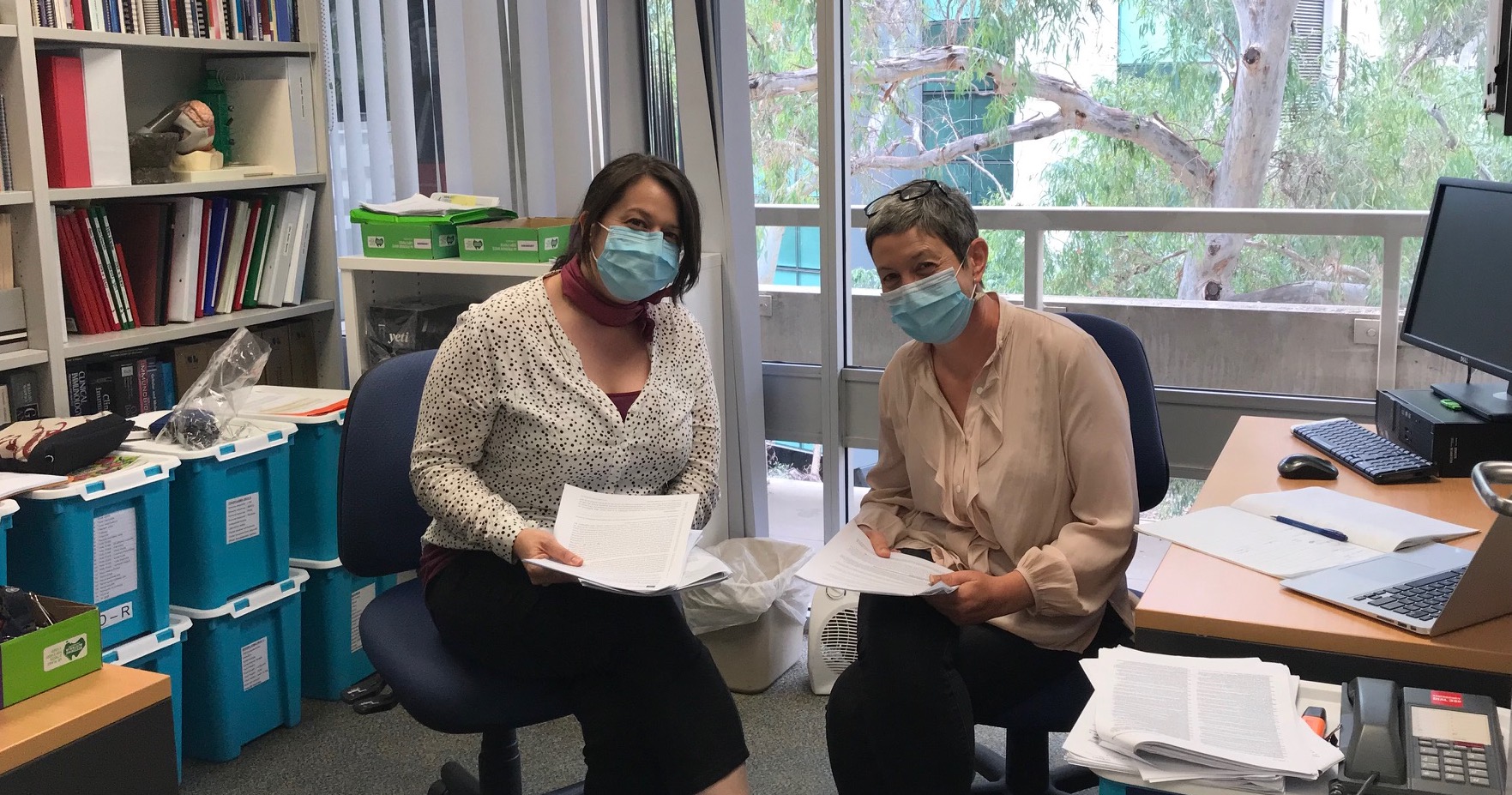Did you know that all profits from QEIF’s partner organisation, the South Bank Day Hospital (SBDH) are invested directly into our research to save sight? Whilst a significant amount of this research is conducted in the South Brisbane facilities, QEIF also invests in external research partnerships that aim to improve understanding and best treatments for various eye diseases and conditions.
Recently, a partnership was established between the Flinders University research team led by Professor Justine Smith and QEIF CEO Professor Mark Radford to create a registry for an unusual eye cancer. Funding for the project has been made possible by financial support from SBDH and an Innovation Connections Grant funded by the Department of Industry, Science, Energy and Resources. This will be the first international registry aimed at better understanding the effectiveness of various treatments for lymphoma inside the eye.
Lymphoma is a blood cancer. Rarely this cancer can occur inside the eye, involving the retina and other tissues at the back of the eye that are critical for vision.
“Lymphoma of the eye causes distressing symptoms, including loss of vision and severe floaters. Sadly, the largest problem for almost all patients is that this cancer usually progresses to involve the brain.” says Professor Smith.
Currently, treatments include chemotherapy, radiotherapy and even bone marrow transplantation. Once the brain is affected, most patients cannot be cured with today’s treatments. The latest data from the Australian Cancer Database tells us that only one-third of patients with lymphoma of the eye live for five years once the cancer spreads to the brain.
Unfortunately it is not possible to run clinical trials to identify the best treatments, as lymphoma of the eye is rare (roughly one case per million Australians). In this situation, an alternative approach to collecting medical information and improving treatments is a registry. This involves entering information about the cancer into a secure database. The information can then be used to perform statistical testing to show general trends in outcomes of different treatments. Unlike clinical trials, the registry approach also provides information about medical practice in the real world.
It is hoped that the registry will assist doctors and researchers to better understand the most effective treatments for lymphoma of the eye and provide better outcomes for patients.
